The most recent entry into the ongoing Portland State Convenes event series—”Raising the Minimum Wage”—gave students, employees and business owners a chance to discuss the pros and cons of raising Oregon’s minimum wage to $15.
The town hall, hosted by KATU, was held in the Smith Memorial Student Union Ballroom on Oct. 27. KATU aired the event on television and streamed it live on their website.
Three panelists responded to questions: Representative Rob Nosse, a Democratic member of the Oregon House of Representatives who supports raising the minimum wage; Jeff Stone, CEO of the Oregon Association of Nurseries, who is against raising the minimum; and Tom Potiowsky, the chair of PSU’s economics department and former state economist, who was present to provide research-based context.
A media panel made up of three journalists from Portland publications asked questions. KATU invited social media and audience participation as well.
According to Chris Broderick, associate vice president of university communications, PSU and KATU chose the topic of minimum wage both because of its political relevance and PSU’s ability to provide expertise on the matter.
Two petitions are currently gathering signatures in favor of a $13.50 or $15 minimum wage, he added.
“It’s going to be front and center with the short session of the legislature when they convene in February,” Broderick said.
The event was meant to engage the audience and inform them about both sides of the issue, according to Broderick.
“I think with the interactions—particularly with the students, [PSU] Student Union and the 15 Now folks and the others who gathered last night—it covered a lot of ground.”
Though most of the audience’s questions and comments were respectful, a select few of them insulted the panelists, according to Broderick.
One question that a panelist took objection to came from PSU Student Union member Olivia Pace, who said that Potiowsky was oversimplifying the issue of discrimination against people of color by ignoring the link between affordability of education and the minimum wage.
“How do you propose that we pull ourselves up when people at our university don’t care about us, and people like you, and people who run the big businesses in this country, don’t care about giving us enough money to earn those resources to live and be functioning human beings?” Pace asked.
In his response, Patiowsky said he was offended by the assertion that he didn’t care about people of color.
Pace later declined to comment to the Vanguard.
“It’s not effective when you hurl insults at people,” Broderick said. “It’s just bad manners and it’s also counterproductive to what you’re trying to do, which is try to convey an important message about something that you feel passionate about.”
Apart a few audience members who walked out before the event’s end, attendees generally felt that they had been heard, according to Broderick.
“Bottom line is people gained a lot of insight—I hope—and knowledge that they didn’t know about this issue that they’re going to potentially vote on next year,” Broderick said. “And that’s for students, and the community, and really state-wide. That’s a win-win.”
Peter Wendel, a retired recruiter for nonprofit organizations, was one of the attendees who left before the audience finished asking questions.
“I think that this notion that this is going to be a panacea for those who are working at the bottom end of the income scale is silly,” Wendel said.
The minimum wage is a form of price control and could ultimately lead to inflation, he added.
“I think that the economics [were] not well-articulated by the panel,” Wendel said. “Representative [Nosse] had so-called facts that he just threw out there as assertions and got the crowd riled up.”
Wendel said Nosse was playing to a crowd with which he was very popular and, he continued, Stone’s perspective was limited mainly to agriculture, not economics.
Alternatives to raising the minimum wage, such as the abolition of the income tax for people at a sufficiently low income level, were discussed very little, Wendel added.
“I thought we allowed a bunch of hooligans who took over the discussion and basically suppressed those people’s ability to speak and I don’t approve of that,” Wendel said.
David Carlson, a Portland Community College student studying environmental science, was one of the attendees in favor of raising the minimum wage.
Of the three panelists’ talking points, Nosse’s arguments in favor of the wage increase resonated with Carlson the most.
“[Stone]—the guy from the nursery association—he has no idea what’s going on in the real world,” Carlson said. “He is a lobbyist and he doesn’t understand what it’s actually like to live in poverty and deal with it as an adult.”
Stone said he was for focusing on increasing access to education for women and communities of color.
“This is about racism and discrimination,” he said, “not the state minimum wage.” He would rather, he continued, see the federal minimum wage raised to $10.80 per hour.
Several audience members hissed as Stone. One woman stood up and said that more women hold degrees than men.
“It’s not about that,” she said.
Carlson said he was happy to see how outspoken the audience was at the event.
“It’s important with the way that the lobby has been in the capitol around the minimum wage, especially with the Raise the Wage coalition,” Carlson said.
The coalition wants a target wage of $13.50, which is not a living wage, according to Carlson.
Raise the Wage, however, ultimately wants to see a $15 minimum but they set $13.50 as a stepping-stone goal.
An error occurred in this article and it was updated on Nov. 4. Peter Wendel was paraphrased as saying “Alternatives to lowering the minimum wage, such as the abolition of the income tax for people at a sufficiently low income level, were discussed very little, Wendel added,” and it should have been, “Alternatives to raising the minimum wage, such as the abolition of the income tax for people at a sufficiently low income level, were discussed very little, Wendel added.”
See KATU’s full broadcast of the town hall event here.

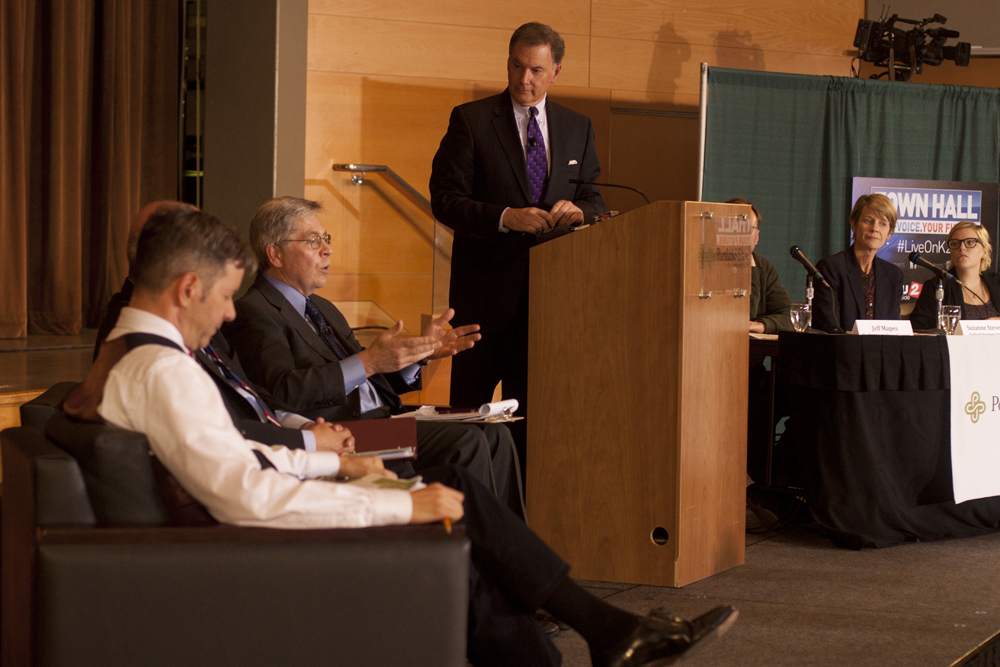
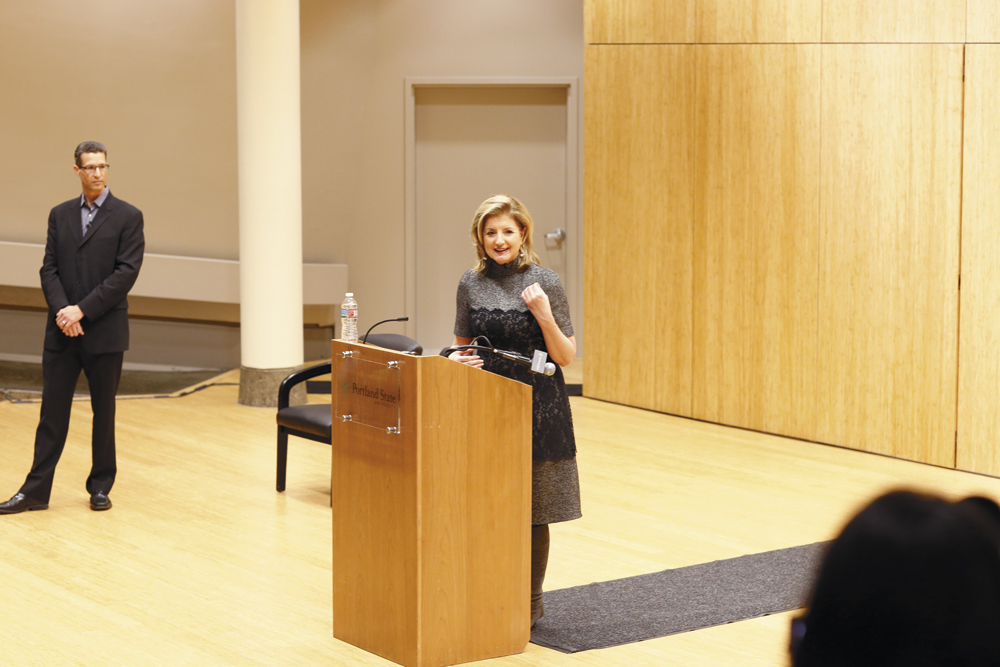
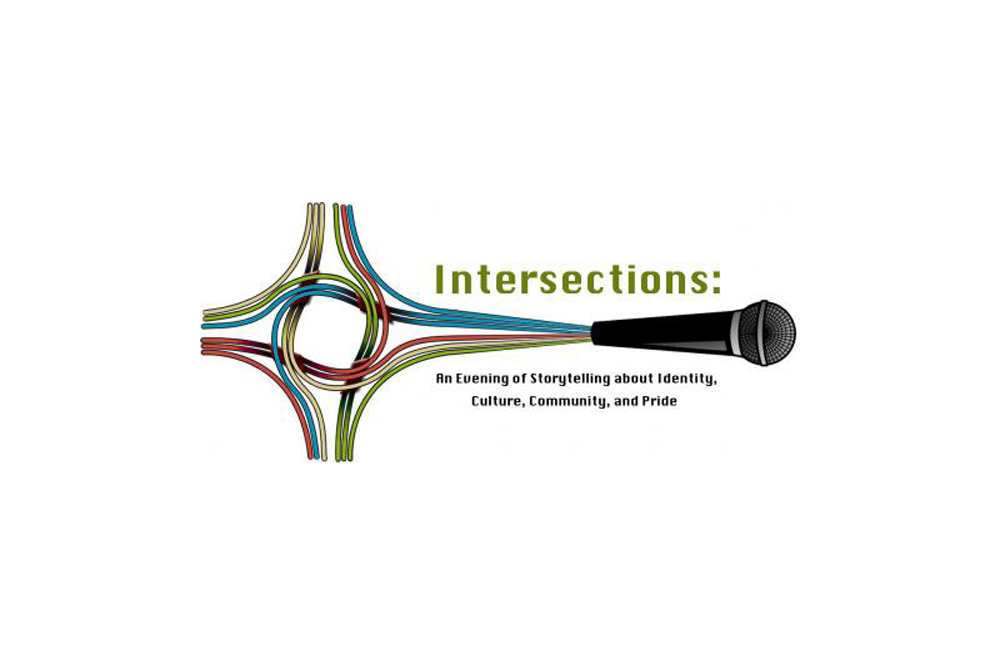

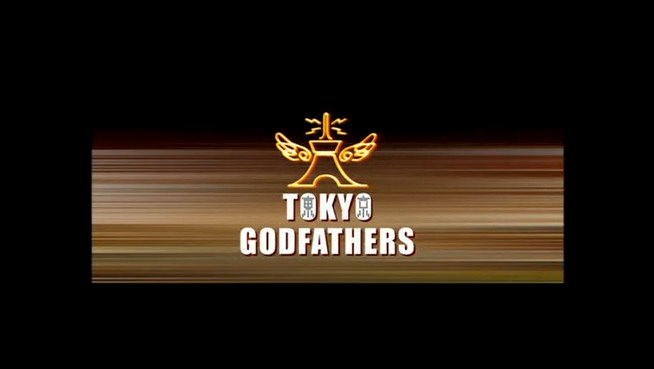
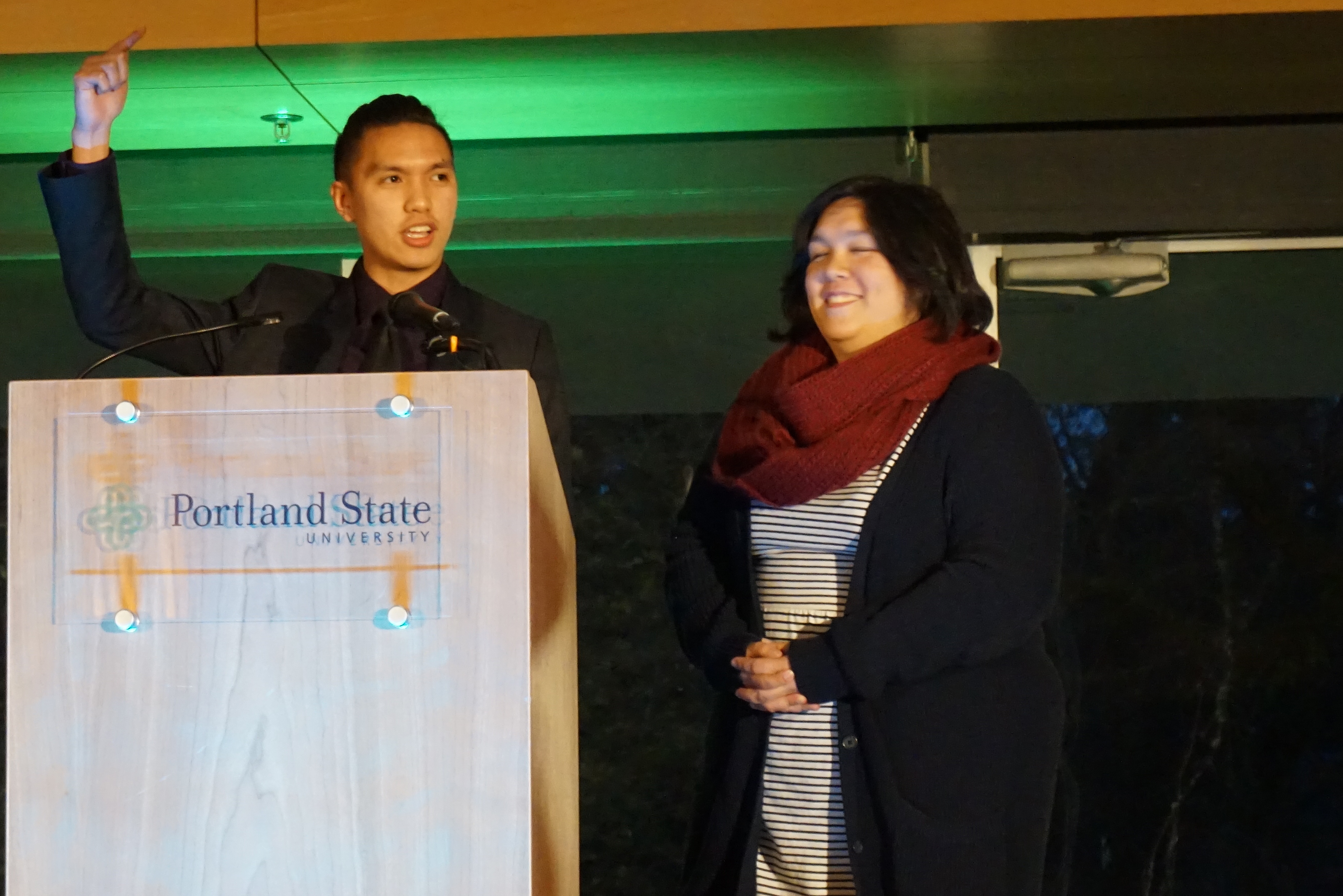
If the minimum wage goes up to $15 then everyone making that or more right now will demand a substantial increase as well. No one wants to make minimum wage, no matter how high it is because they want to be compensated more than the bare minimum amount every employer is required to pay for anyone who shows up for work. People who are happily employed right now making $20 an hour and contribute to the success of their company will no longer be happy when they find out their company cannot afford any increase in pay for them. Please explain to me what the “fair” wage for someone who deserves more than the bare minimum is?
Sure, some companies are vocally supportive of increasing the minimum wage to $15 which is in turn good publicity for them. Some say they are already happily paying more than minimum wage to their employees and have seen great results. Yes, paying more than minimum wage does help businesses attract and retain quality staff members who are more dedicated to the success of the company which gives that company a competitive advantage over their counterparts who offer minimum wage. However, if the minimum increases by $5.75 an hour to be $15 (here in Oregon since the minimum wage is $9.25) and that employer cannot afford to give even close to that much of an increase across the board, their competitive advantage they once had is now lost and their competitors become the large corporations who can afford to pay more.
How can small businesses attract the talent they need to keep the business afloat when they can’t afford to pay them what their market value should increase to in comparison to the minimum wage?
There is no such thing as “Freedom of Speech”anymore if you’re on the unpopular side of the subject. I cannot say anything about how I disagree with the minimum wage increase proposals because my name and personal information would be on the public record and I would ruin my career since it would be bad for my business….
Hi Miles. Hey, I discovered an error in your write-up above. You write:
“Alternatives to lowering the minimum wage, such as the abolition of the income tax for people at a sufficiently low income level, were discussed very little, Wendel added.”
It should read, “Alternatives to RAISING the minimum wage, such as the abolition of the income tax for people at a sufficiently low income level, were discussed very little, Wendel added.”
Also, as I recall, this alternative wasn’t discussed at all, not even a little.
But good job on the reporting.
Thank you, Peter. I will make the change.
Best,
Jaime Dunkle
Online Editor
PSU Vanguard